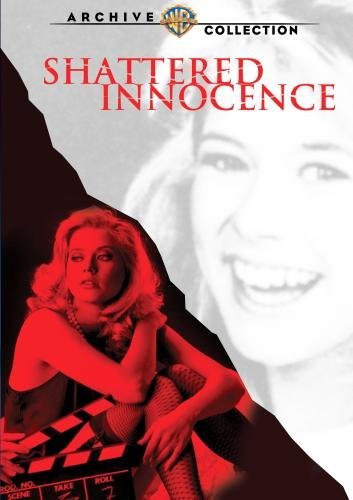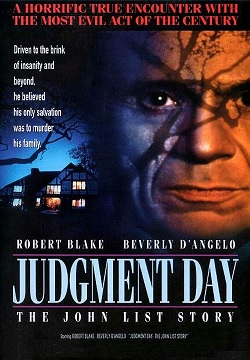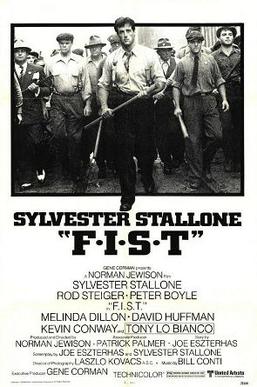Welcome to Retro Television Reviews, a feature where we review some of our favorite and least favorite shows of the past! On Sundays, I will be reviewing the made-for-television movies that used to be a primetime mainstay. Today’s film is 1988’s Shattered Innocence! It can be viewed on YouTube.
Shattered Innocence starts with a young woman shooting herself in a nice bedroom, while someone on the outside bangs on the door.
The rest of the movie shows the events the led up to the suicide of Pauleen Anderson (Jonna Lee). On the one hand, starting a film with a literal bang is definitely a way to capture the audience’s attention. On the other hand, letting us know that the story is going to end with a suicide pretty much robs the story of the element of surprise or the ability to take the viewer by surprise. We know how the story is going to end and it doesn’t take long for us to figure out why it’s going to end that way.
From the minute we see Pauleen as a naive cheerleader with an overprotective family, we know that she’s going to end up hooking up with Cory (Kris Kamm), the local bad boy. As soon as she graduates from high school and gets a job as a waitress, we know that Pauleen is not going to be staying in Kansas. As soon as she and Cory end up in California and Cory suggests that Pauleen is pretty enough to be a model, we know that she’s going to end up modeling topless and that she’s going to deal with her nerves and her weight by snorting cocaine. We also know that she’s going to end up appearing in adult films and that her concerned mother (Melinda Dillon) is constantly going to be begging her to come back home and forget about Los Angeles and its sinful ways.
Apparently based on a true story, there’s not really anything surprising about Shattered Innocence. It tells a sordid story but, because it was made-for-TV, the scene usually ends right before anything really explicit happens. (Ironically, by keeping the sordid stuff off-camera, the film invites the audience to imagine scenarios that are probably a hundred times more trashy than anything that could be recreated on film.) Shattered Innocence gets by on innuendo, with frequent scenes of people saying stuff like, “Did you see the pictures?” or “You may recognize her from her centerfold.” Nerdy Mel Erman (John Pleshette), who becomes Pauleen’s business partner, first meets her when he asks her to autograph the cover of Penthouse. Otherwise, this film is actually pretty tame.
In fact, the one scene that really jumped out and made me go “Agck!” was a scene in which Pauleen’s nose suddenly started bleeding as a result of all the cocaine that she had recently done. That was frightening, just because I’ve always had to deal with nosebleeds due to my allergies. I hate them and the taste of blood in the back of my throat. In that scene, I could relate to Pauleen’s shock and embarrassment.
Shattered Innocence tells a story that’s as old as Hollywood itself, which is a bit of a problem. Too often, the movie just seems to be going through the expected motions. Jonna Lee was a bit dull in the lead role but Melinda Dillion and John Pleshette both did well as the only two people who seemed to really care about Pauleen. For the most part, though, Shattered Innocence was sordid without being memorable.



 Sylvester Stallone is Jimmy Hoffa!
Sylvester Stallone is Jimmy Hoffa!